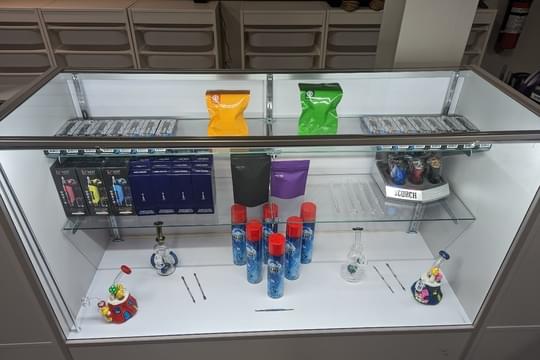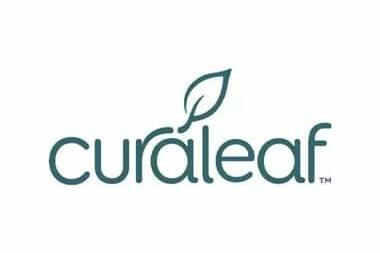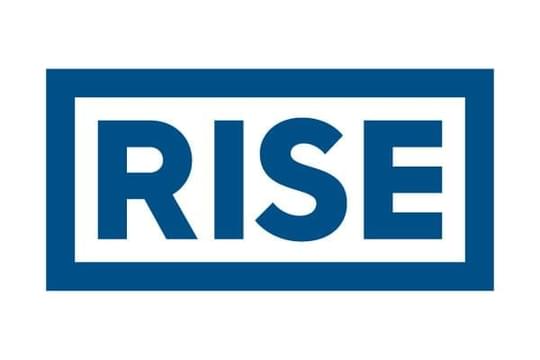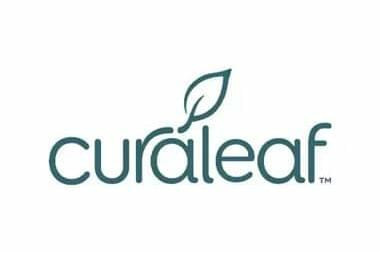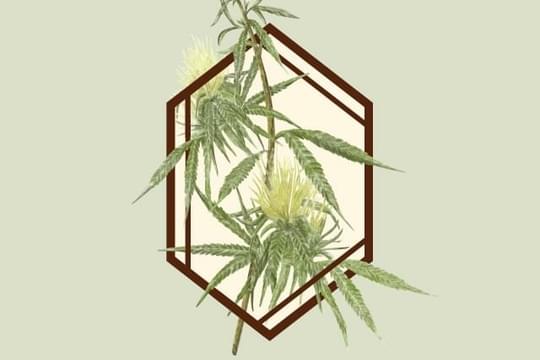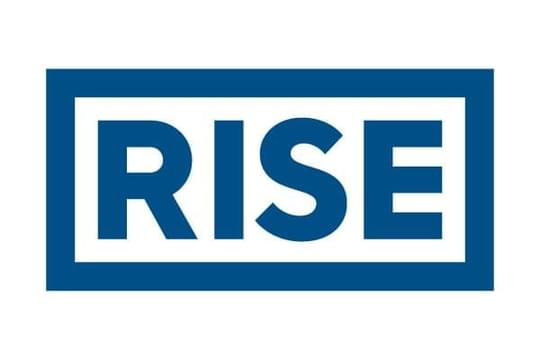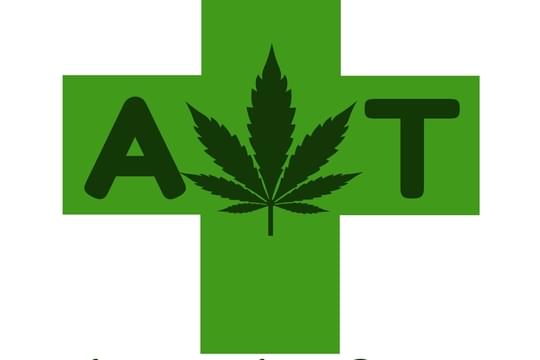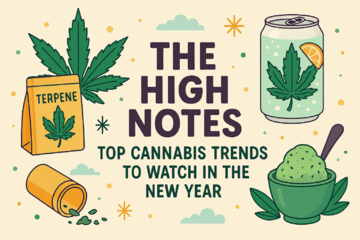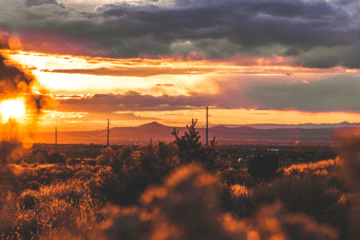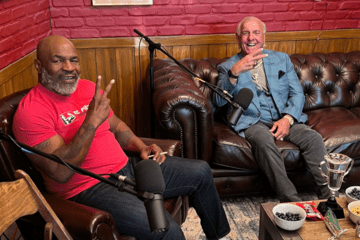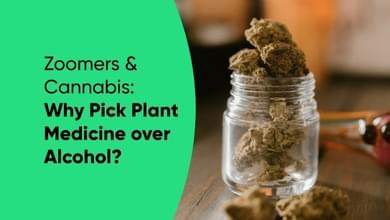
Zoomers & Cannabis: Why Pick Plant Medicine over Alcohol?
Published on 9/2/22
While alcohol has reigned supreme as the substance of choice for many since the end of the Prohibition era, a new way to unwind is rising in the ranks of popularity among Gen Z, cannabis.
Zoomers Overwhelmingly Prefer Plant Medicine
Which substances does Gen Z enjoy?
According to a new study from New Frontier Data, of people between the ages of 18 and 24, 69% prefer marijuana to alcohol. Though many members of Gen Z are too young to work or have purchasing power, its older members already have about $360 billion in disposable income, and those above the age of 21 can purchase marijuana in many legal markets throughout the United States.
Besides cannabis, zoomers have also shown a growing interest in psychedelics like psilocybin mushrooms. A recent study from the Brightfield Group shows that 10% of Gen Z adults (ages 21-23) report having used psilocybin in the past six months, as opposed to only 3.4% of the general public.
Why?
Gen Z is the first generation to be of a legal consuming age that grew up with cannabis legalization on the ballot and in the dispensary. While Gen Z slang for marijuana may differ from their parents, they are undoubtedly influenced by the legalization efforts of those that came before them.
Since legalization is more widespread now than ever, it's much easier to get a variety of THC products and valuable information on dosing and how to consume them.
The top reasons for partaking in cannabis that most participants in the study gave to Brightfield included "relaxation, sleep, emotional release, and fun." Additionally, many also cited a desire to be "healthier" as a reason to decrease their alcohol intake.
What is Gen Z?
 Unsplash
UnsplashDemographics
Gen Z is also sometimes called the "zoomers generation" in reference to those who are most often their parents or grandparents: the "Baby Boomers." The Boomer generation was born between 1945 and 1964, meaning they're now between 58 and 76.
Gen Z, the generation of people currently between the ages of 10 and 25, is the youngest generation to be recognized in most studies. Generally, generation names are created when its members reach adulthood (or are between the ages of 18 and 21). The Gen Z years of birth are 1997 through 2012.
Impressionable attitudes
Besides growing up in an era with increased cannabis legalization, Gen Z has also come of age at a time when the stigma against marijuana is less pervasive than ever. While their parents grew up during President Nixon's War on Drugs, which famously perpetuated harmful myths and stereotypes about cannabis and its users, members of Gen Z have grown up seeing marijuana legalized and advocated for throughout the country and the world. Recreational marijuana is now legal in 19 states, Washington D.C., and Guam.
Stigma Changes
The cultural stigma shift against marijuana has shifted significantly due to these legalization efforts. An overwhelming majority of American adults (91%) say either that marijuana should be legal for medical and recreational use (60%) or that it should be legal for medical use only (31%). Fewer than 8% say marijuana should not be legal for adult use.
Now, the many medicinal and life-saving attributes of marijuana are well-documented and encouraged by people from all walks of life: from mothers to the elderly. Additionally, cannabis is more pervasive in popular culture than ever before, with more and more celebrity cannabis brands showing up constantly and stoners finally having a variety of representation in the media.
Older Generations and Alcohol Abuse
Which substances are most popular amongst older generations?
Older generations like the Baby Boomers grew up during the worst of marijuana prohibition. Thanks to notorious historical figures like Harry Anslinger, former President Nixon and the War on Drugs, cannabis has been the target of many smear campaigns using racist tactics and slanderous claims of increased violence and crime rates. This, in addition to massive entry barriers even for those interested in trying cannabis, led Baby Boomers to prefer the much more readily available alcohol.
Research has shown that problematic alcohol use has been on the rise for Boomers for quite some time now, with some studies stating that the percentage of Americans who reportedly engaged in binge drinking rose from 12.5 to 14.9 percent from 2005 to 2014. The increase is most prominent among women and people with higher education and income levels.
Binge drinking is considered four or more drinks within two hours for women and five or more drinks within two hours for men.
What are the downsides of alcohol?
There are many documented health risks to heavy drinking, including certain cancers, pancreatitis, sudden death with cardiovascular disease, heart muscle damage leading to heart failure, stroke, high blood pressure, liver disease, suicide, accidental severe injury or death, brain damage and other problems in an unborn child, and alcohol withdrawal syndrome.
Generational patterns shift
The zoomer generation's aversion to alcohol may, in part, be because they saw the adults in their lives struggle with these adverse effects of alcohol growing up. With their claim that they see cannabis as a healthier alternative to alcohol, it seems they are blazing a new path for the generation ahead.
What do you think? Is plant medicine preferable to alcohol? Let us know in the comments below!
